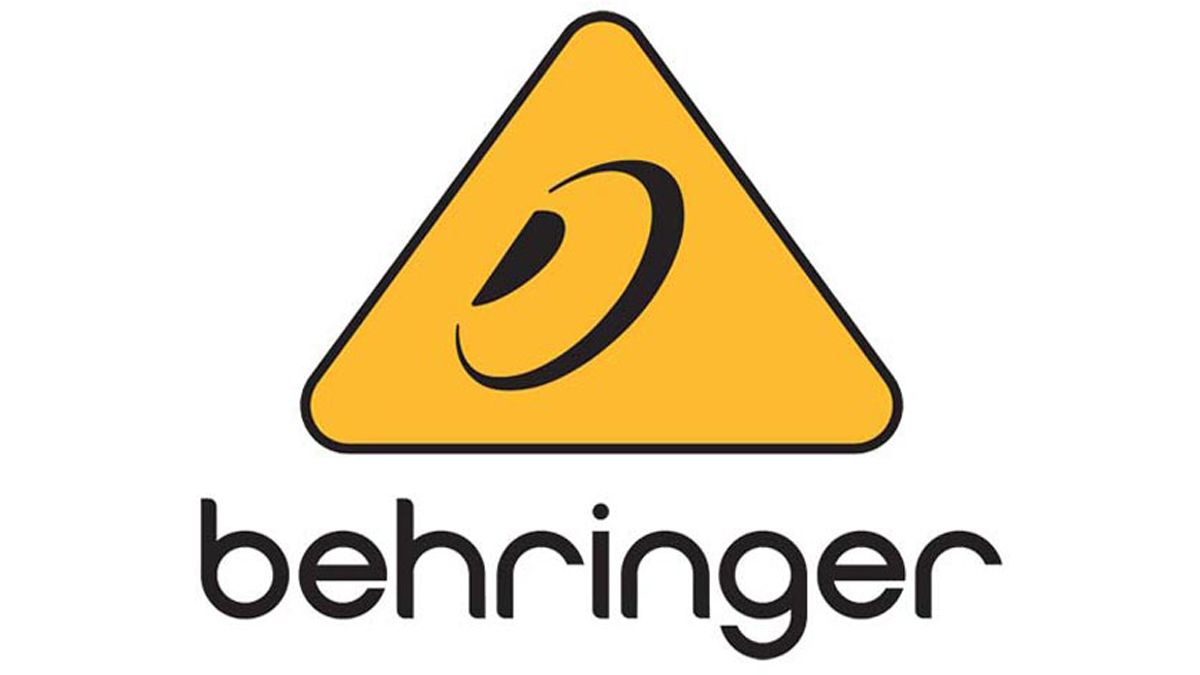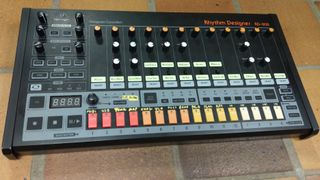Uli Behringer: “Technology is free for anyone to use unless it is protected”
Behringer CEO responds to claims his company sued Chinese website and DSI employee

MusicRadar's best of 2018: Having recently been accused of suing a Dave Smith Instruments employee and threatening legal action against a Chinese website that criticised his company’s product design strategy, Uli Behringer has issued a lengthy defence that addresses not only these issues but also various rumours and claims made about about Behringer throughout its history.
This was sent to CDM - who published the response in its entirety - and shared on a Facebook group. In it, Behringer says that the owner of Chinese website Midifan was sent a Cease-and-Desist letter but never sued.
Addressing the Dave Smith Instruments case, he says: “Some time ago an employee of DSI had posted incorrect and slanderous statements about our company on multiple forums. We put both the employee as well as DSI on notice and received a signed Cease-and-Desist letter from the employee where he assured us that he would refrain from such future comments.”
Behringer also discusses what he calls “the misconception surrounding IP [intellectual property],” arguing that “technology is free for anyone to use unless it is protected”. He claims that Behringer has only ever lost one court case relating to a patent dispute - to Aphex, about 30 years ago. “Since the Aphex case we have been sued several times and we equally had to sue competitors over infringement of our IP,” says Behringer. “This happens in every industry and is part of a fierce and competitive landscape.”
Reverse engineering

Defending his company’s product design strategy, Behringer says: “One needs to be clear about the distinction between blatantly copying someone else’s product and the principle of reverse engineering. Copying a product 1:1 is clearly illegal, however reverse engineering is something that takes place every day and is accepted as part of a product development process known as benchmarking.”
Behringer goes on to say that he is “a big believer in free speech and welcomes any form of constructive criticism, as this is the only way for us to learn and improve. We also don’t mind any comments made or language used by individuals as this is a matter of personal choice.”
He adds: “It becomes sensitive when incorrect or defamatory statements are made by competitors and the media. While there is free speech, words do have consequences and since we are all bound by the law, the rules should be applied equally to everyone. Once again, I understand that people have their opinions and preferences and I fully respect that. I also understand that some people don’t like me or our company, and chose not to buy our products which I respect, too.”
Get the MusicRadar Newsletter
Want all the hottest music and gear news, reviews, deals, features and more, direct to your inbox? Sign up here.

I’m the Deputy Editor of MusicRadar, having worked on the site since its launch in 2007. I previously spent eight years working on our sister magazine, Computer Music. I’ve been playing the piano, gigging in bands and failing to finish tracks at home for more than 30 years, 24 of which I’ve also spent writing about music and the ever-changing technology used to make it.












